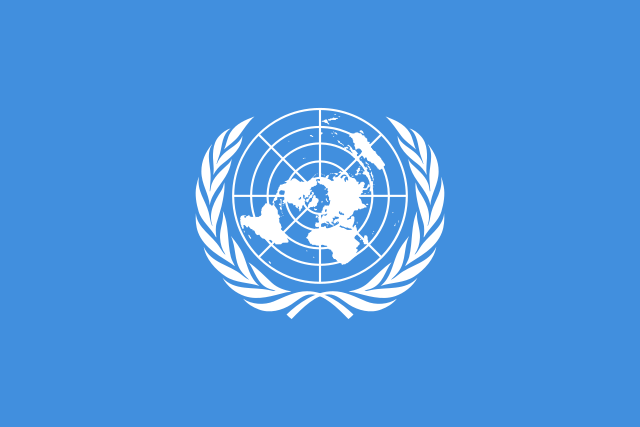Nigeria’s population, estimated by the UN Department of Economic and Social Affairs, is to be 216 million in 2022 and will make up 2.7% of the global total.
According to the most current World Population Prospects 2022, which was released on Tuesday in honor of World Population Day, the global population has reached an estimated 8 billion people.
More over half of the expected population was accounted for by the Democratic Republic of the Congo, Egypt, Ethiopia, India, Nigeria, Pakistan, the Philippines, and the United Republic of Tanzania, per the study.
It also forecast that India would surpass China as the world’s most populous country by 2023.
The report reads in part, “More than half of the projected increase in the global population up to 2050 will be concentrated in eight countries: the Democratic Republic of the Congo, Egypt, Ethiopia, India, Nigeria, Pakistan, the Philippines and the United Republic of Tanzania.
“Countries of sub-Saharan Africa are expected to contribute more than half of the increase anticipated through 2050.”
Reacting to this, the Chief Executive Officer of the Centre for the Promotion of Private Enterprise, Dr Muda Yusuf, said that a high population without corresponding economic growth might lead to more unemployment and poverty.
He further noted that the increase in unemployment and poverty would further trigger social issues, such as high crime and insecurity.
He said, “The risk around high population growth is that if the country’s economy is not growing at a corresponding level, we may have more unemployment. If we continue to have more unemployment, it can create serious social problems like high crime and insecurity.
“There is also the risk of poverty. If the population is growing and the economy is not growing, there is a high tendency that the level of poverty may increase. And if we have increasing poverty, it will be a major problem for the country.”












